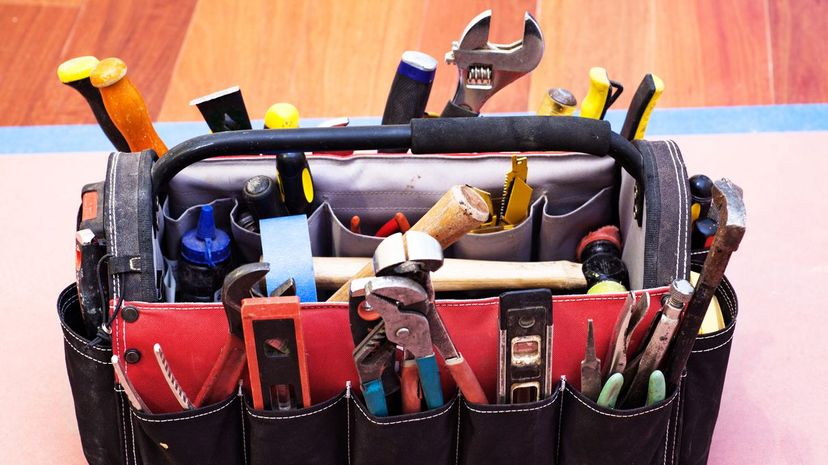
About This Quiz
They say you need the right tool for the right job, and that's probably true. The thing is, there are a whole lot of different jobs out there, and that means there are a whole lot of different tools - hundreds, in fact. There are tools you need for masonry and tools you need for carpentry. Plumbers have countless specialized tools, as do electricians. Glazers, welders, millwrights and dozens of others who work in different fields of construction are all going to need to make sure their toolboxes have a variety of items so that they can get any job done and get it done right. Makes sense, yeah? But you don't need to be a specialist to know what they all are or why you'd need them. There's a good chance you can recognize a whole lot of the most common tools used in construction, and you've probably used a good number of them yourself. Everyone needs to hammer a nail or cut a chunk of wood sometimes, right?
If you're confident in your construction tool identification skills, then now's your chance to show your stuff. You can probably identify the really easy ones, but can you get them all? Measure twice, cut once, and take the quiz!
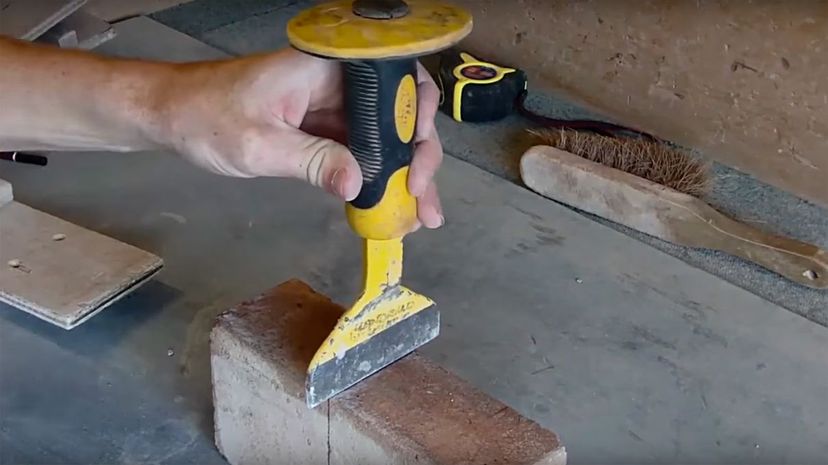
A bolster is essentially a large, sturdy chisel with a much wider blade than a typical chisel. The cutting edge on the bolster will be wider than the brick itself and, in a skilled hand, can be used to make some stunningly accurate cuts.
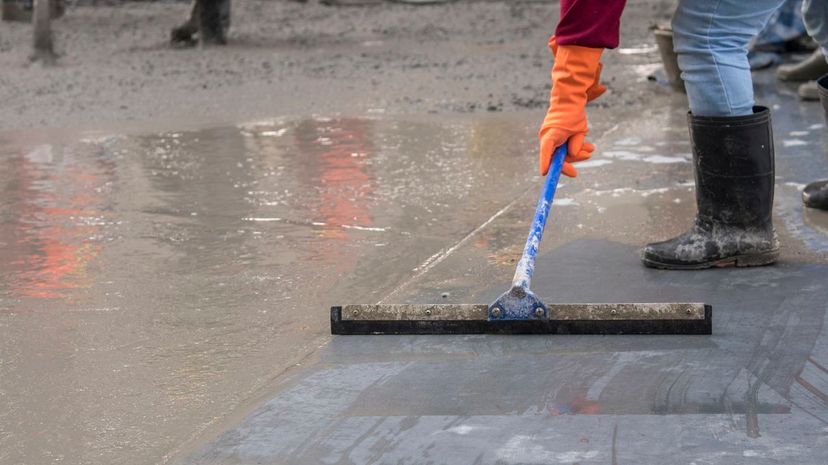
A bump cutter looks a little bit like a giant squeegee, and in some ways, that's essentially what it is. It's a hand tool used in cement work for smoothing the cement in an area, ensuring an even and level surface when you're done.
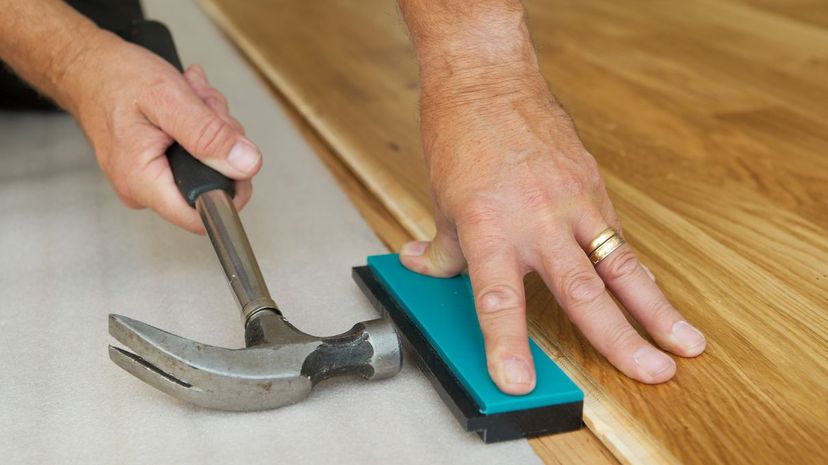
A claw hammer is one of the simplest, most basic tools in the construction arsenal. Most likely, early hammers were literal rocks that people used. Proper claw hammers with the nail-pulling claw have been found dating back to the 1500s.
Advertisement
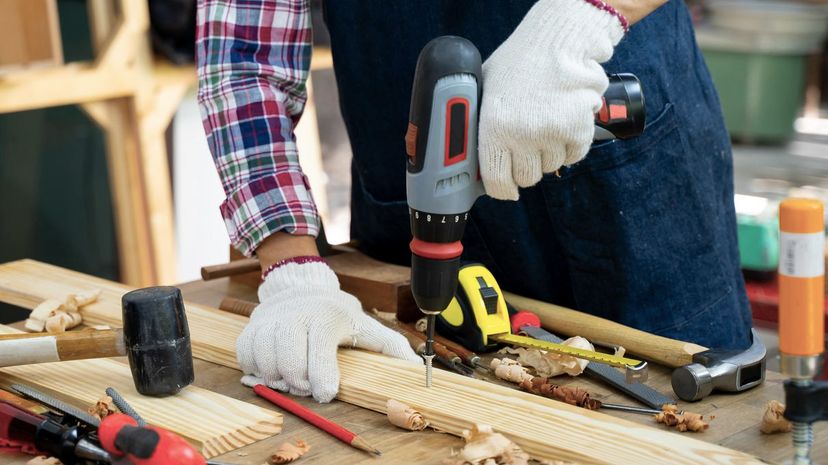
Drills are some of the oldest tools in the world, far older than many people realize. Hand drills date back 35,000 years in China. Electric drills are actually quite a bit older than you might assume as well - the first one was patented in 1889.
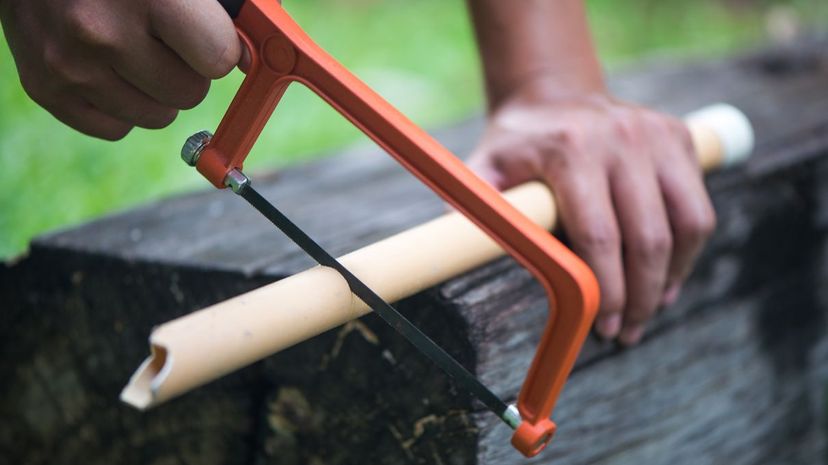
Hacksaws are specifically designed for cutting metal as opposed to a regular handsaw intended for wood. Thanks to their versatility with blades that can be easily swapped in and out, you can cut any number of hard substances with a hacksaw, from plastic pipe to ceramic tiles.
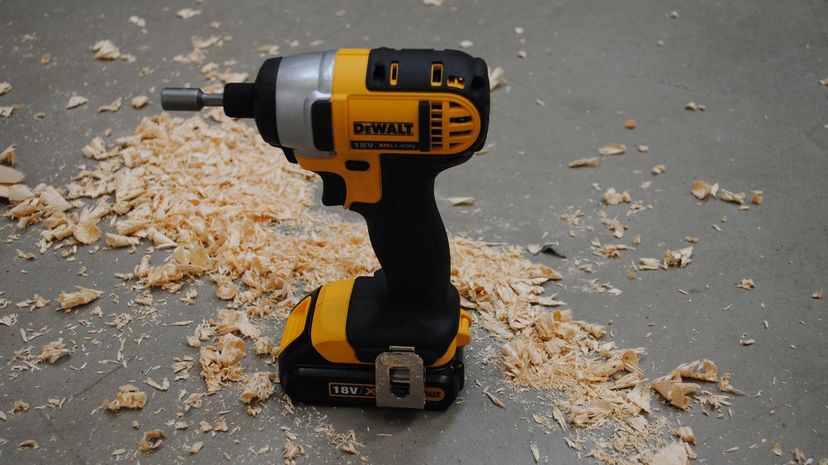
An impact driver is different than a regular power drill or even a hammer drill insofar as it increases the power being delivered perpendicular to a screw or a bit. This means increased torque, like using a long wrench to loosen a bolt.
Advertisement
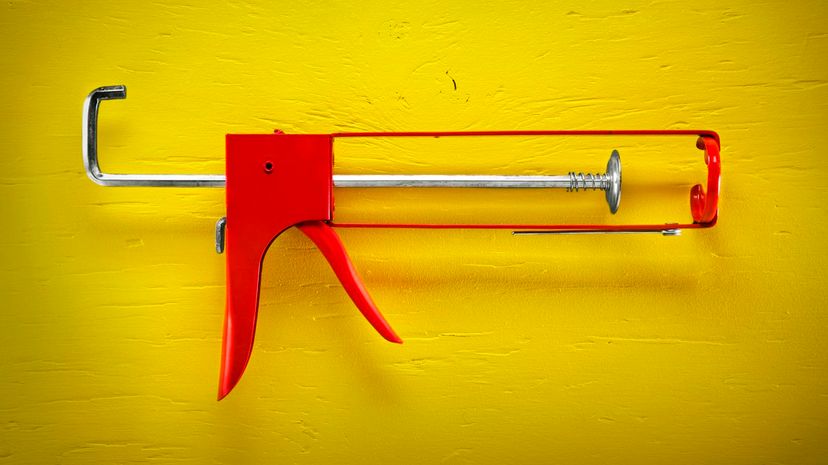
A skeleton gun is a pretty simple item but extremely useful to have around if you ever need to seal some cracks or run a bead of adhesive somewhere. The skeleton gun holds dozens of different kinds of products and offers control in laying it out.
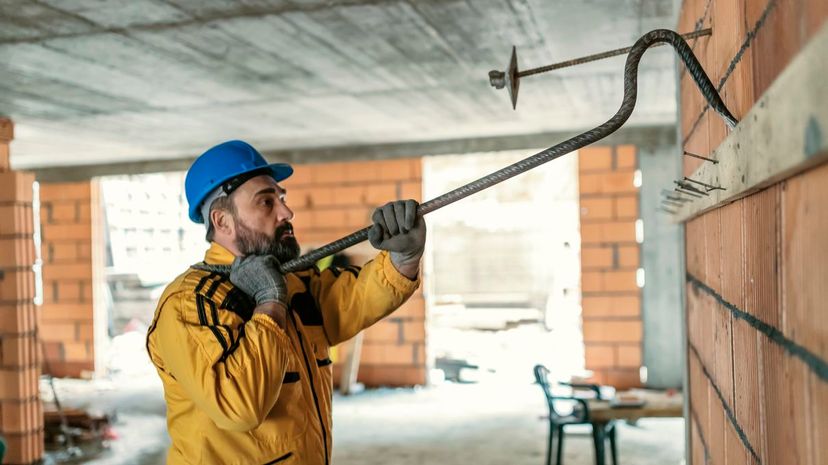
Crowbars go by any number of names, including pry bars, wrecking bars, pinch bars, goosenecks and more. They're also one of the most versatile tools in the world and can be used to destroy things, open crates, remove nails, pry siding, break rock, and nearly anything else you can think of that a metal bar might be good for.

A ladder is an idea so simple it would likely be impossible to guess when and where it was first invented. It's worth noting, though, that there are 10,000-year-old cave paintings in Spain that depict them, so they're clearly very old.
Advertisement

Safety goggles may not seem like much, but they are an essential part of any tool kit. According to experts, up to 90% of eye injuries could have prevented simply by wearing safety goggles.
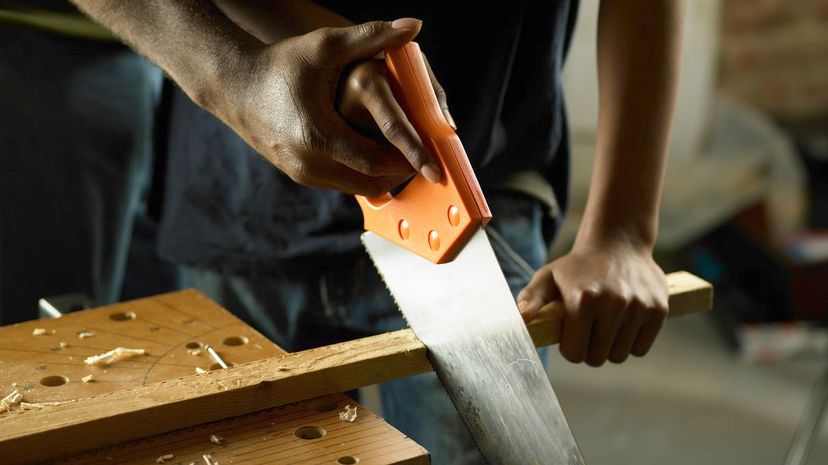
Hand saws may seem a little old school and even antique, but they're pretty much invaluable. A power saw can be very useful, but a handsaw is so simple and quick to use to make a quick cut of wood you'd do well to make sure you have one in your toolbox.
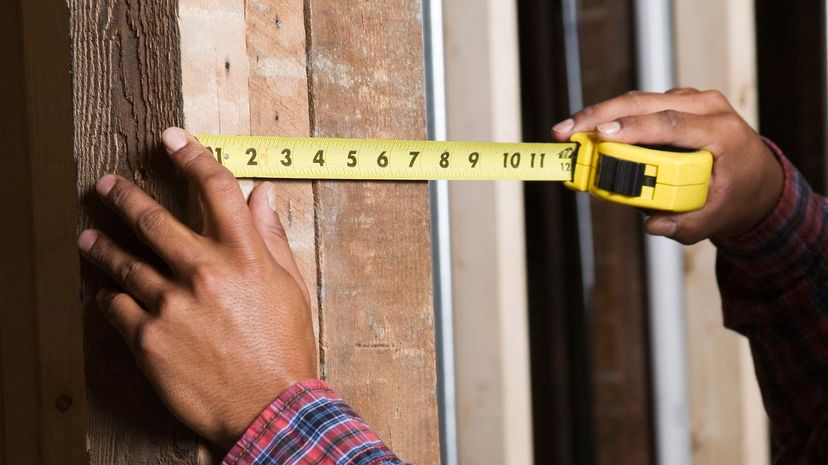
Modern tape measures are pretty convenient and simple to use because the design is simple and easy to use. Tape measures date back to Roman times when they'd use marked pieces of leather to take measurements.
Advertisement
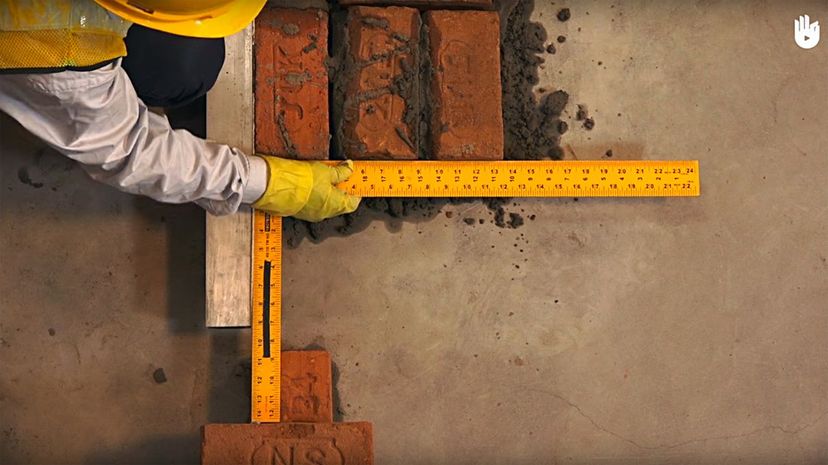
Mason's squares are the best tool to use when you need to lay some bricks and want a proper right angle at the corner. You lay the square down, then line up the bricks and build away.
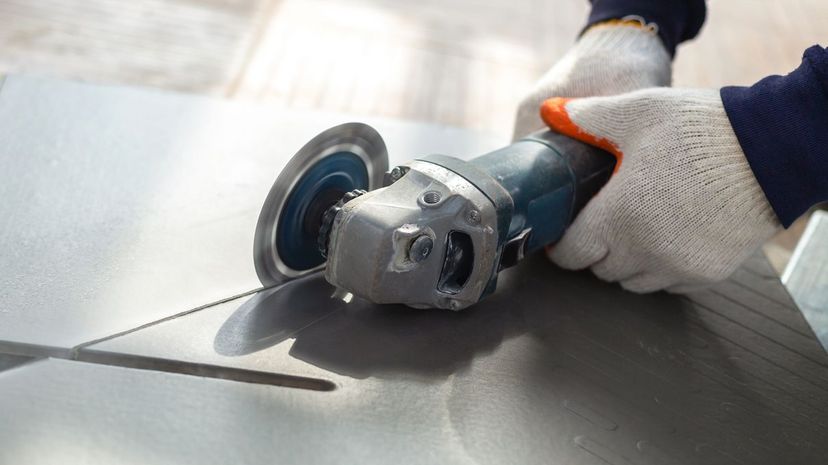
Though the name angle grinder implies it's just for grinding things, an angle grinder is handy for both sanding and cutting. Angle grinders are versatile enough to cut through all kinds of things, including steel, tile and even stone.
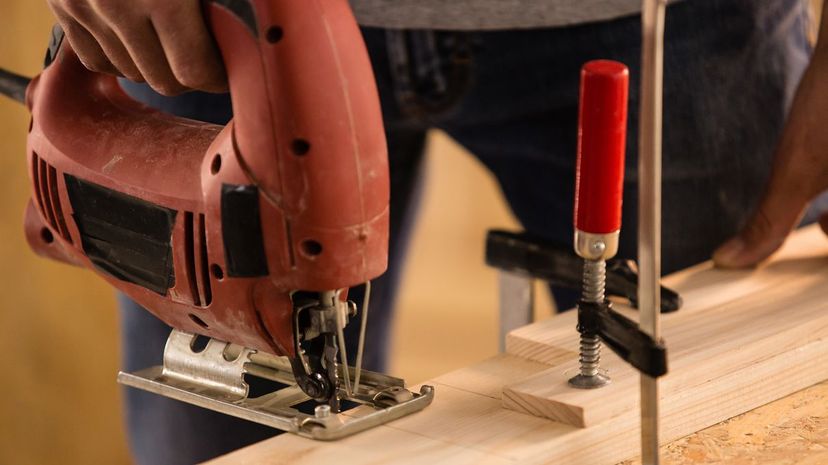
The main strength of a jigsaw over many other kinds of saws is its ability to cut intricate shapes that other tools would never be able to pull off. That's why a jigsaw puzzle shares the name; it's the intricately cut pieces that it's referring to.
Advertisement
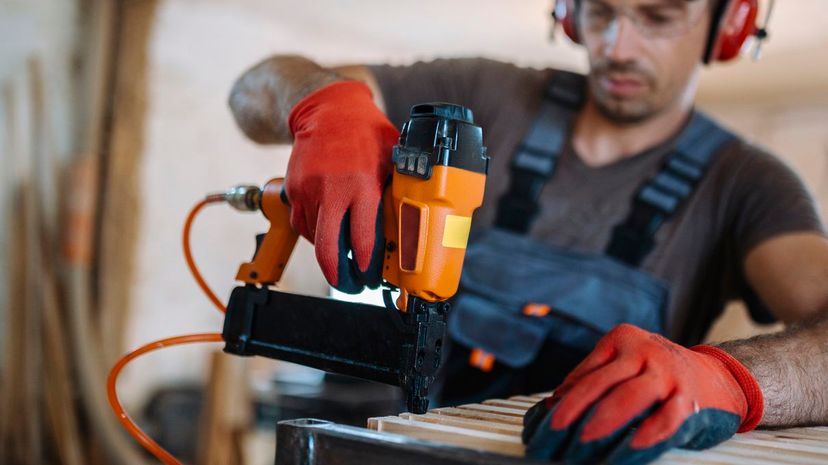
A nail gun is pretty much what the name implies - a device that uses the power of compressed air to shoot a nail into a surface. It works a lot faster and more effectively than just using a hammer and also works well in places where swinging a hammer just doesn't work.
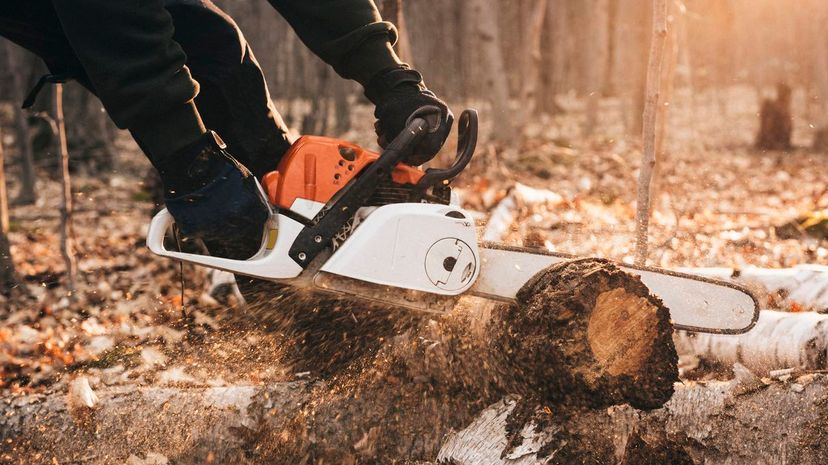
Chainsaws are probably the most recognizable saws next to a simple handsaw. The earliest version of a chainsaw, called an osteotome, dates back to 1830. A hand-cranked tool, it was used for cutting bones.
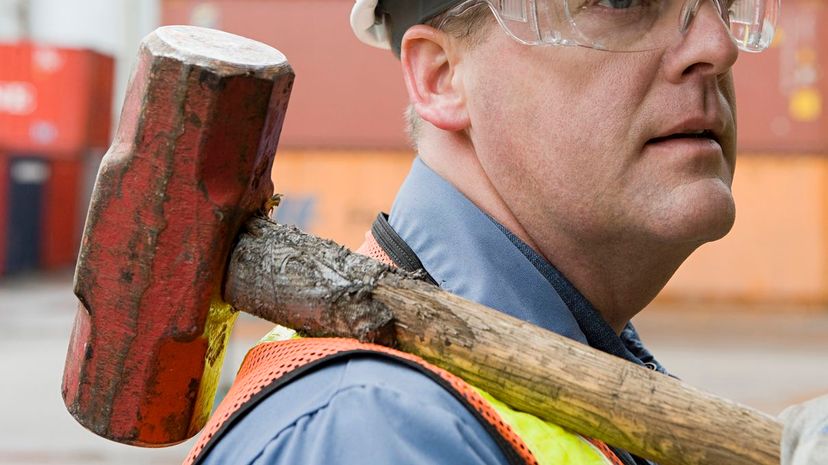
Sledgehammers are hammers that mean business. The head of a sledgehammer can sometimes weigh as much as 20 pounds and requires two hands to wield because it's just that massive.
Advertisement
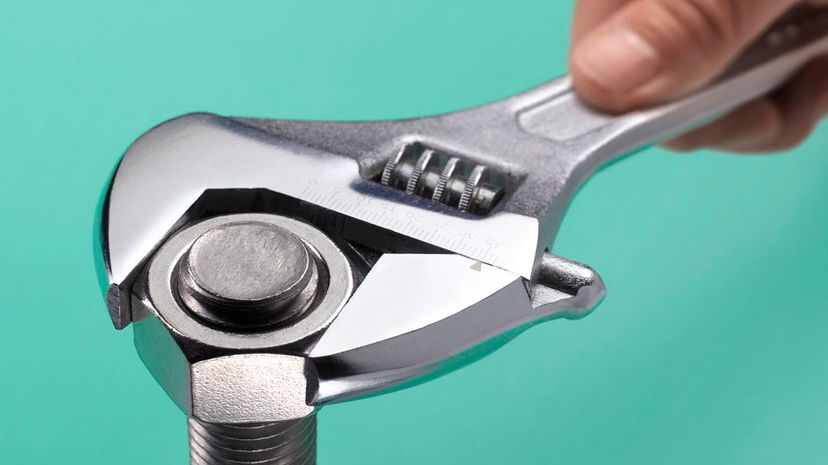
An adjustable wrench is an incredibly useful tool that has been around since about 1842. Two different inventors are actually credited with the idea, Edwin Budding and Richard Clyburn. In the UK, they call them adjustable spanners while in Australia, they're shifting spanners.
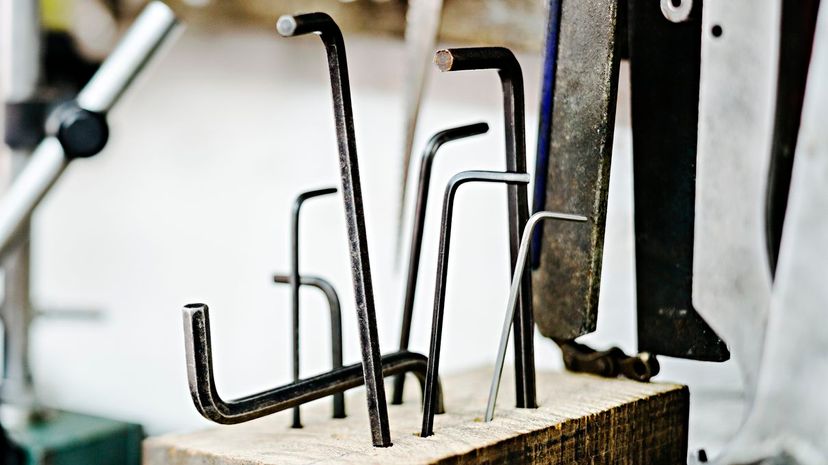
Allen wrenches, also known as Allen keys and hex keys, are small, hexagonal-shaped tools for driving hexagonal sockets. The name "Allen" is actually a trademark from the Allen Manufacturing Company who made the wrenches as far back as 100 years ago.
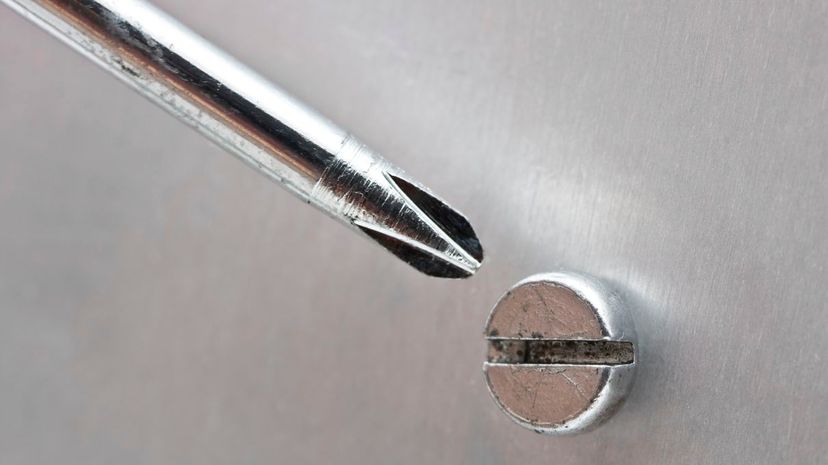
The Phillips screwdriver was named for Henry F. Phillips. Phillips didn' actually invent the Phillips screw; he bought the design from John Thompson and then made it famous. Phillips screws are now the most widely used screws in the world.
Advertisement
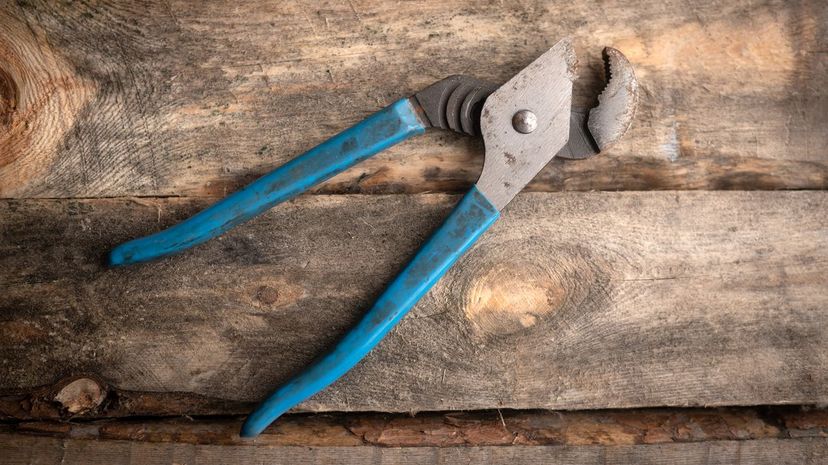
Tongue-and-groove pliers have serrated jaws that can slide up and down the handle using the titular tongue and groove from the name. They were marketed way back in 1934 under the brand name Channellock, which is why they often go by that name today.
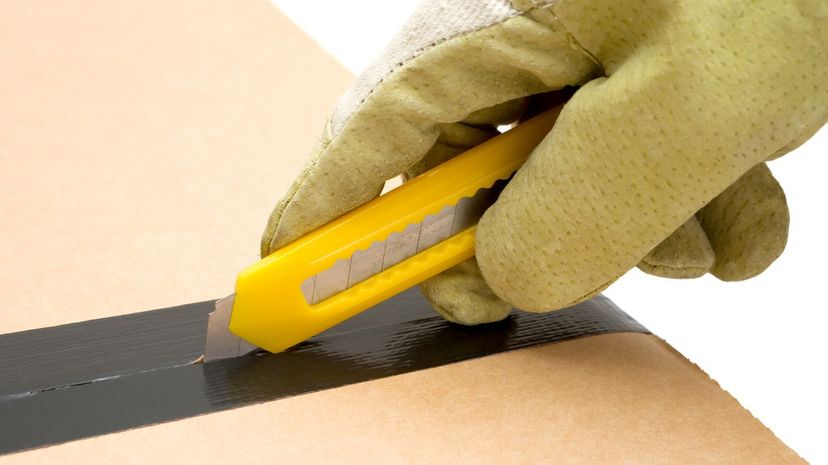
Utility knives have a utilitarian sort of name because they're good for pretty much anything. Obviously, cutting open boxes is one of the primary uses, but any cutting will do. In many countries outside the United States, they're known as Stanley knives, named after Stanley Works, the company that manufactures them.

Having a flashlight handy is never a bad idea for any number of construction jobs. The obvious would be any electrical work when there is no power for other lights, but of course, any work in basements, behind walls, under stairs, and in other dark places can benefit from a little light.
Advertisement
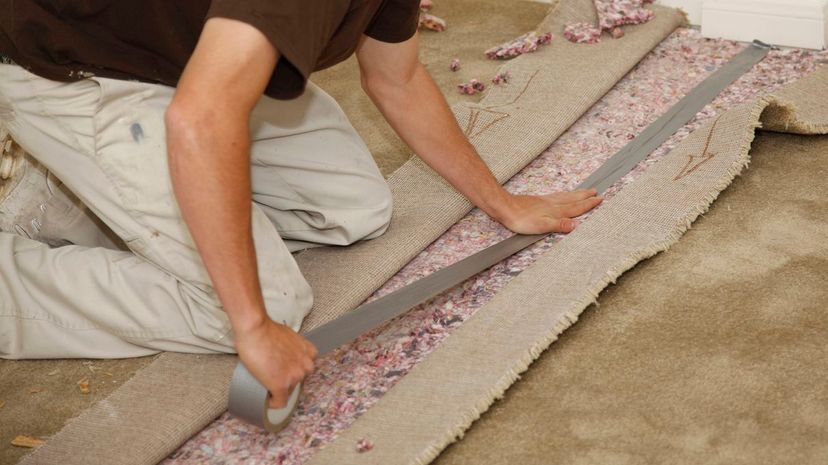
Duct tape and duck tape are two commonly used names for the same product, and weirdly, both are correct. The original tape was made from something called cotton duck cloth, which is where the "duck" part comes from. It changed to "duct" sometime after WWII.
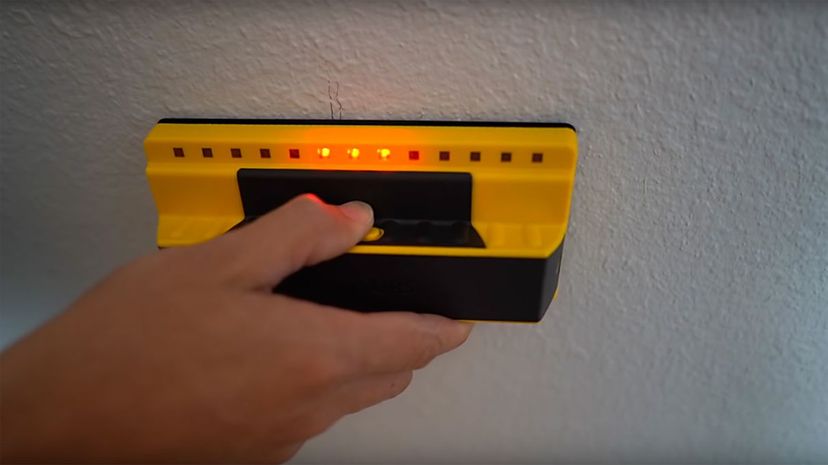
Stud finders are obviously meant to find wall studs, but they can do so in a variety of ways. Early stud finders used magnets in an attempt to find studs by locating the nails in them. The latest versions use a kind of radar to detect studs in walls.

Wheelbarrows are a simple and efficient way for one person to carry a load that would otherwise be impossible to move. They're remarkably old devices, with some of them dating back to around the year 100.
Advertisement

Wire cutters are strictly speaking a kind of plier, but they're not for holding or turning like traditional pliers. Depending on where you are, they're sometimes called snips, nippers, dikes, or side cutters.

A bradawl looks a lot like an ice pick or a screwdriver. Its primary purpose is to allow you to punch a small hole into wood or whatever surface you're working with to act as a guide for putting in a screw or a nail.
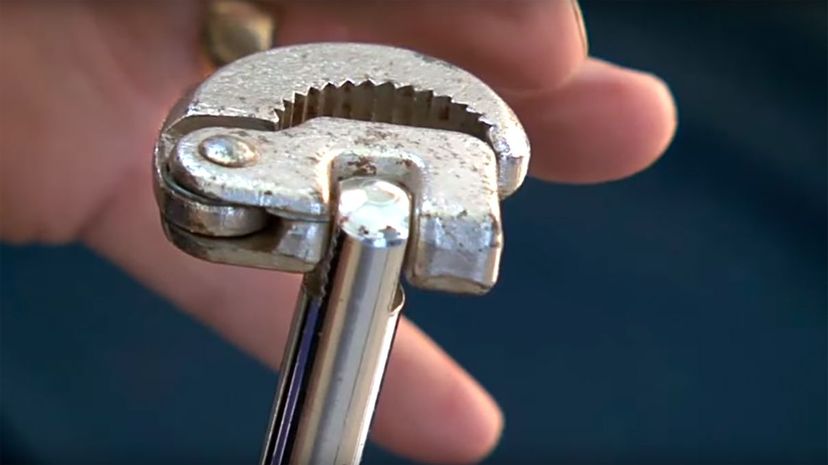
A basin wrench or sink wrench is specially designed to be used on sinks or basins. The head pivots on the handle, allowing you to get into confined spaces to work, which, traditionally, you'd find under sinks where you can't fit a regular wrench.
Advertisement
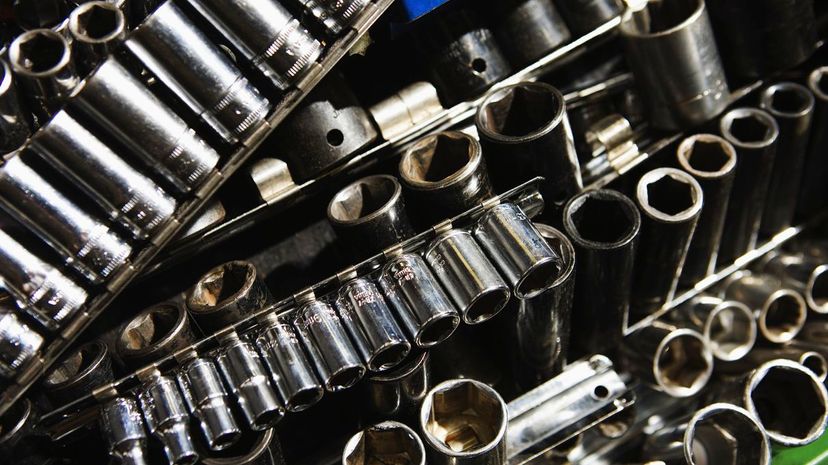
A good socket set ensures that you'll always be able to find the right size socket for the job. A man named Pete Roberts sold the patent for the quick release socket set to Sears for $10,000, who believed the invention was nearly worthless before making a $44 million profit in 10 years.
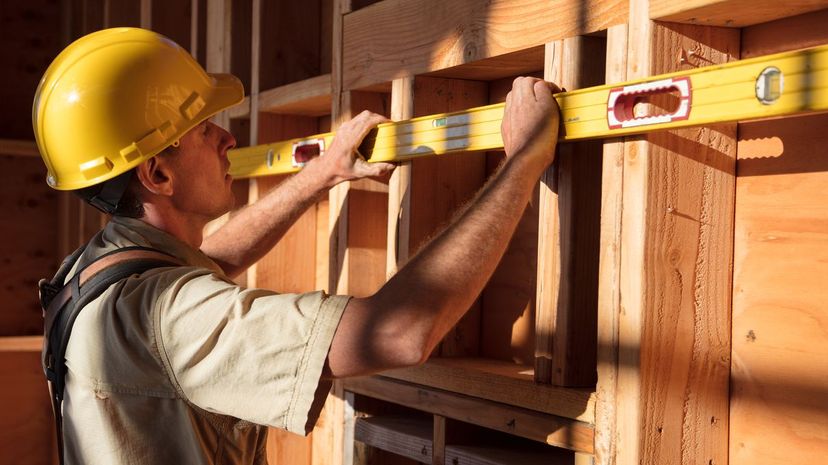
A spirit level is a quick and easy way to tell if something is horizontally level or vertically plumb. The spirit part of the name comes from early levels that used spirit alcohol in the little tube where the bubble was found.
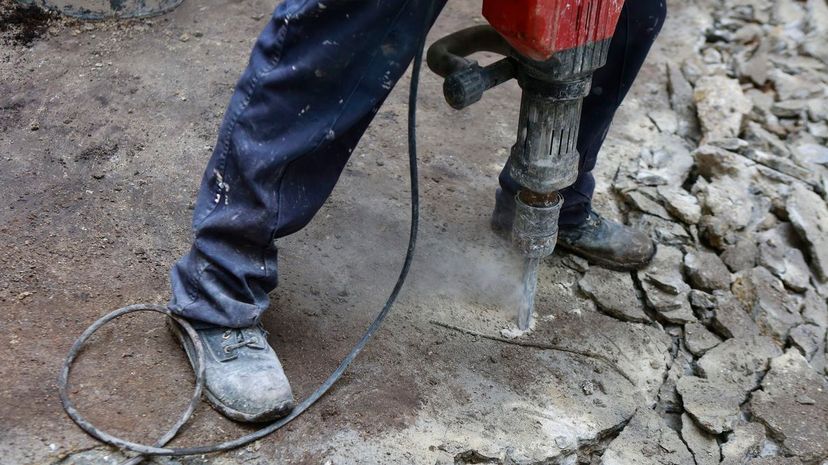
A jackhammer is a quintessential construction worker tool used to break bricks and rocks into smaller, more manageable pieces. You can either power them with compressed air, an electric motor, or hydraulics.
Advertisement
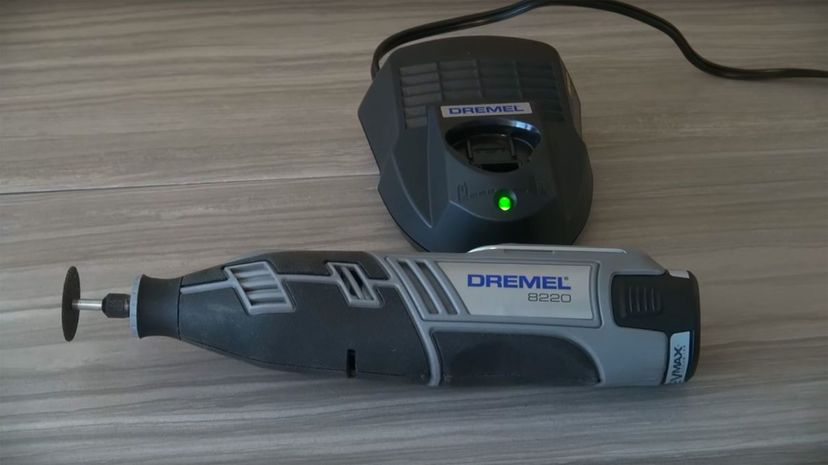
Dremel is the maker of the most popular rotary tool. Still, there are other brands, and they're remarkably versatile as some of them can come with literally hundreds of attachments useful for sanding, grinding, smoothing, drilling, cutting and more.
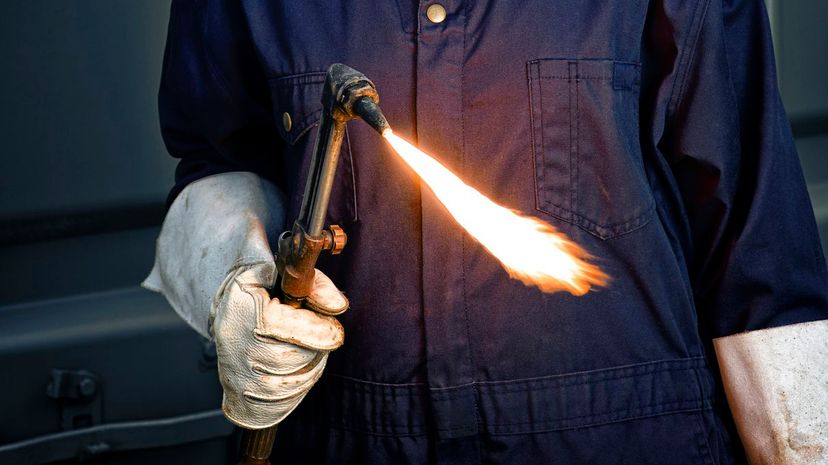
Welding torches come in numerous different kinds with various fuels. Oxy-acetylene torches are one of the most common types, but there are many others, including MIG welding, TIG welding, ARC welding, electroslag welding and many others.
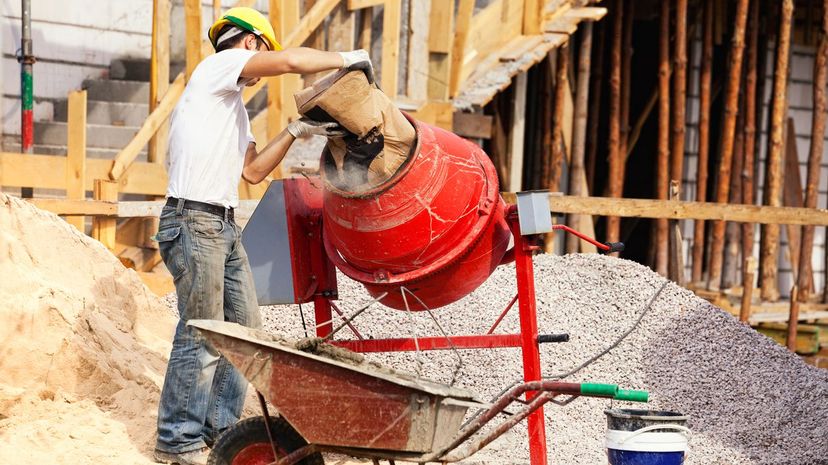
A concrete mixer, as you might expect, mixes concrete. You pour the water, sand, stones, cement mix, and whatever else you might need into the barrel, and the mixer keeps it moving, so it blends but doesn't set.
Advertisement
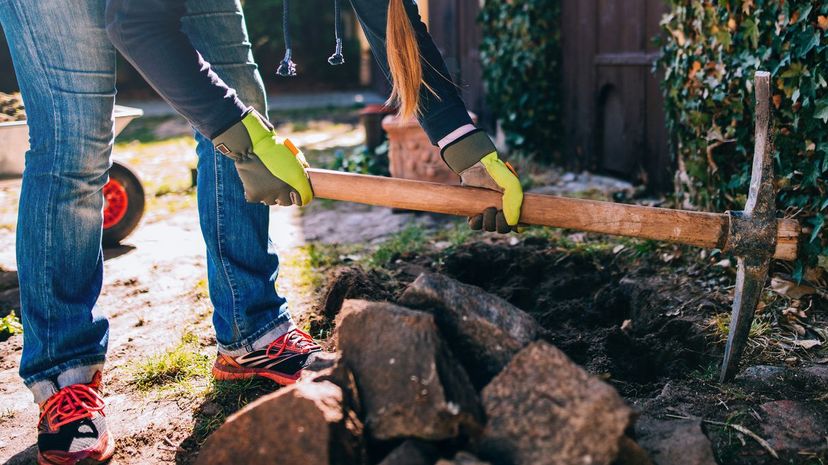
A pickaxe is a pretty versatile tool for breaking up rock and hard soil, as well as tough roots and more. Long ago, people would use shed deer antlers that had formed in a similar shape for the same purpose.
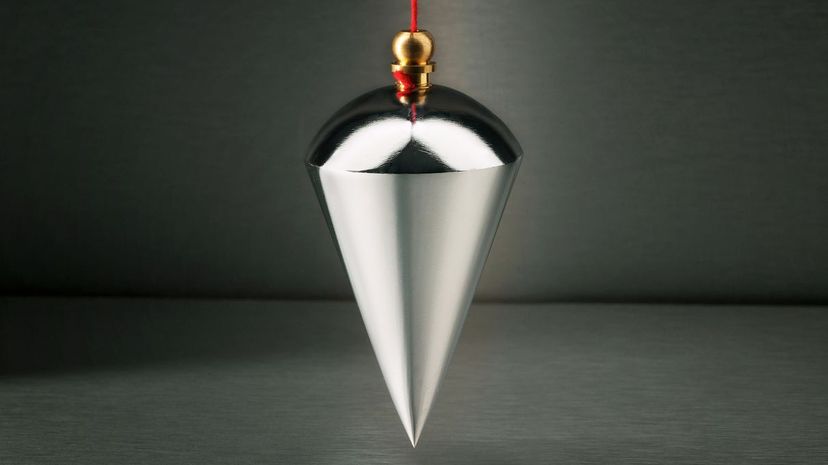
A plumb bob is basically just a string with a weight on end. Not the most sophisticated tool in the world, but suspending it can show you if something is perfectly straight up and down, which helps determine if you actually succeeded in making a level building.
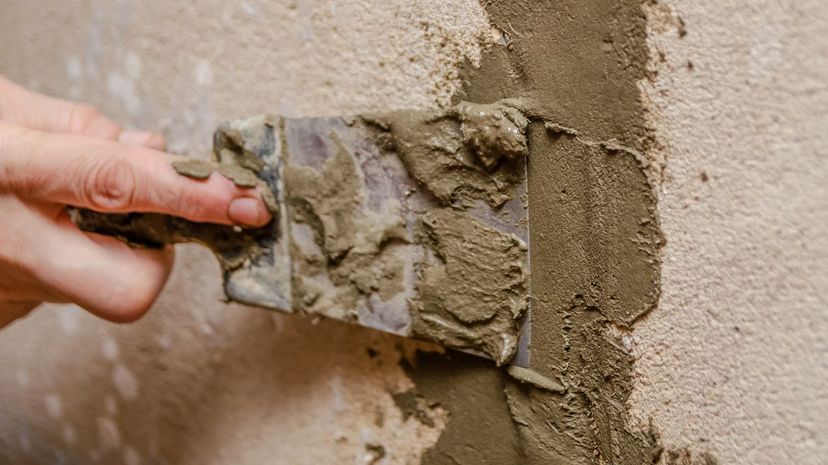
A true putty knife is actually a glazer's tool for putting putty around the edges of panes of glass in a window. Most people will refer to any wide, flat-bladed tool used for smoothing and scraping as a putty knife, however.
Advertisement

Hard hats grew out of the tradition of dock workers putting tar on their heads and allowing it to cure in the sun to protect them from falling debris. Novelist Franz Kafka supposedly invented the modern version while working for the King of Bohemia.